- Europe has three options for defending Greenland The Economist
- Denmark warns of ‘fundamental disagreement’ after White House talks on Greenland BBC
- Trump reiterates desire for Greenland following high-stakes meeting Dawn
- How NATO works at a time…
Category: 2. World
-
Europe has three options for defending Greenland – The Economist
-
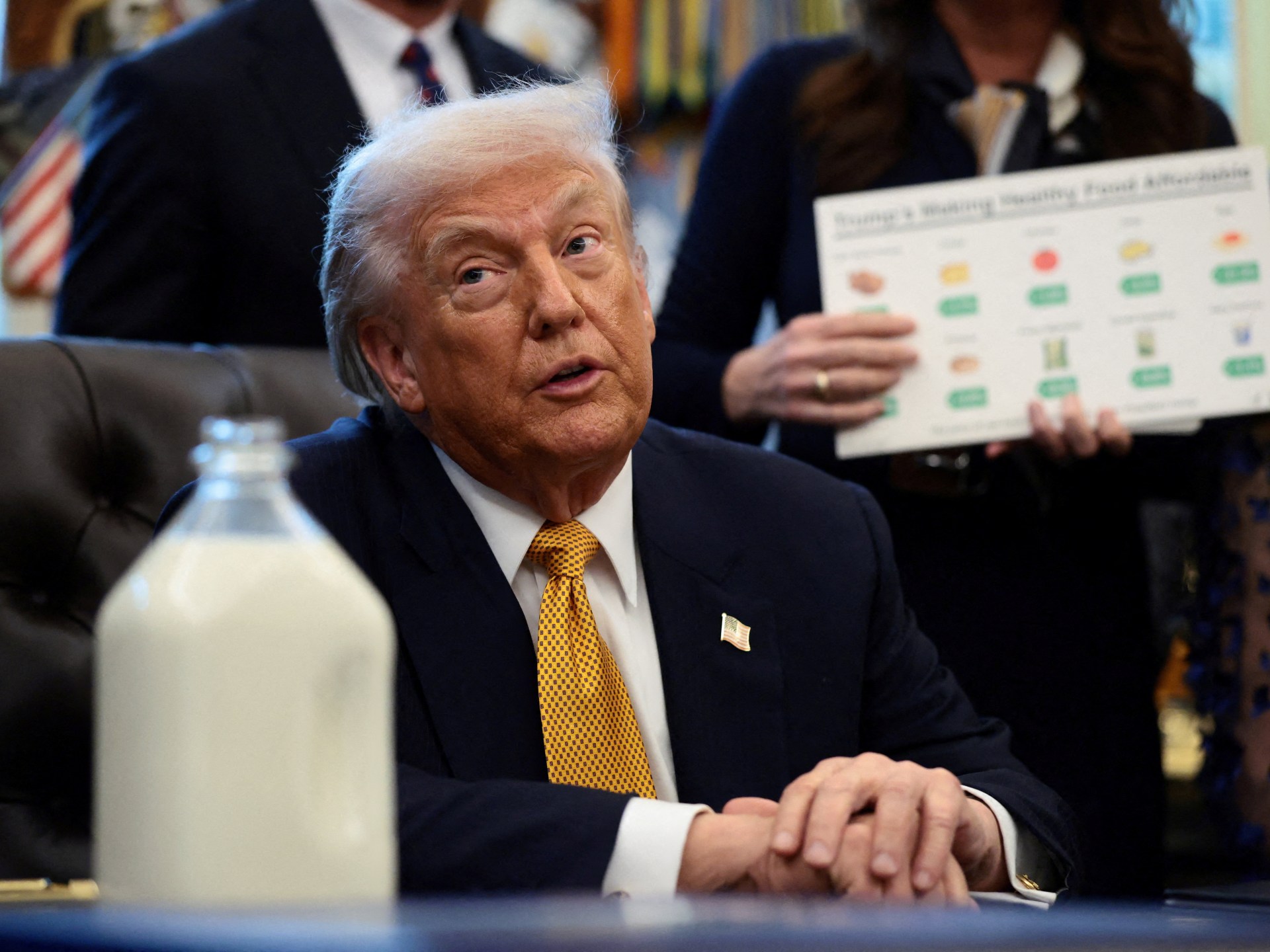
Trump says he has been told killing of protesters in Iran ‘has stopped’ | News
United States President Donald Trump says that the killings of antigovernment protesters in Iran have stopped, signalling a more measured approach to the crisis after threatening to attack Iran in response to the crackdown on demonstrators.
Trump…
Continue Reading
-
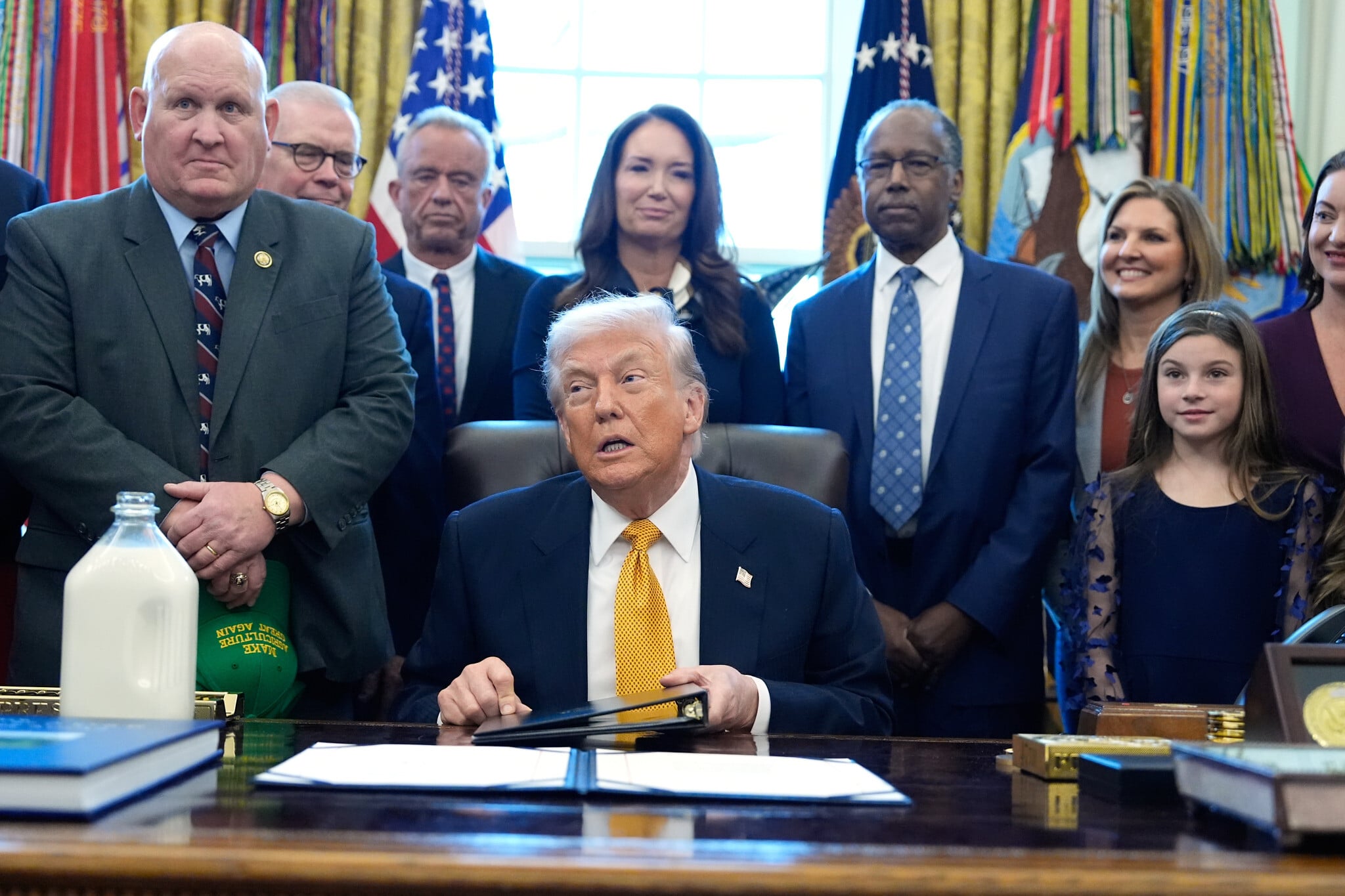
Reports suggest US may strike Iran in coming days, as Trump says killing is ‘stopping’
The likelihood of a US strike on Iran has increased significantly in recent days, Israeli television reported Wednesday, as the Islamic Republic threatened that it was ready to respond “decisively” to any action taken against it on the…
Continue Reading
-
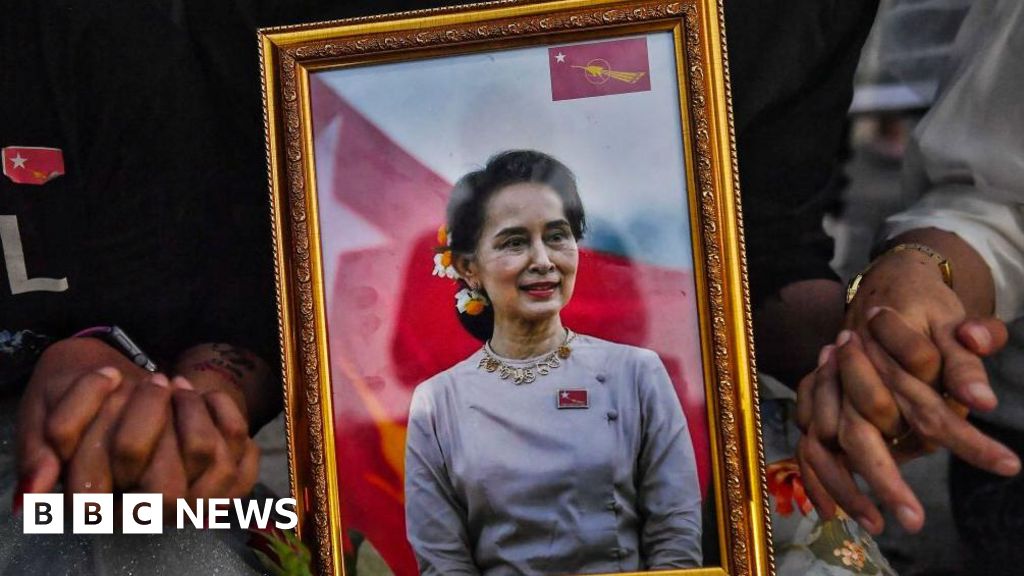
Aung San Suu Kyi casts a long shadow over Myanmar from behind bars
Jonathan HeadSouth East Asia correspondent
 Getty Images
Getty ImagesAung San Suu Kyi was ousted from office and arrested in 2021, after the military sized power As of Wednesday the Burmese democracy campaigner Aung San Suu Kyi will have spent a total of 20…
Continue Reading
-
Trump’s Gulf Allies Do Not Want Him to Bomb Iran – The New York Times
- Trump’s Gulf Allies Do Not Want Him to Bomb Iran The New York Times
- Iran’s Gulf Rivals Warn U.S. Against Strike on Tehran The Wall Street Journal
- Qatar warns any US-Iran escalation would be ‘catastrophic’ for region Dawn
- ‘Sorry, not our…
Continue Reading
-
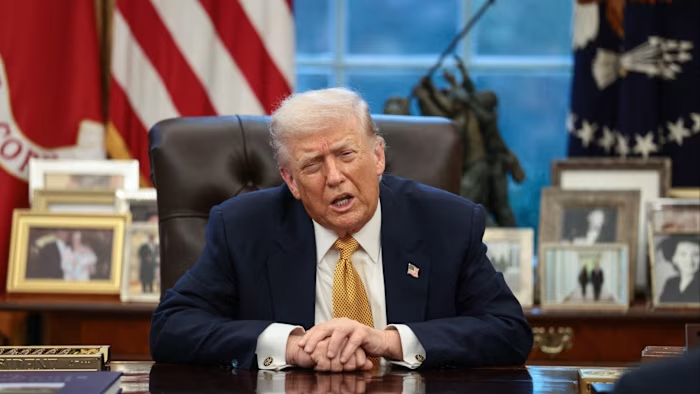
Trump says he has received assurances on Iran protesters
Good morning and welcome back. In today’s newsletter:
-
Donald Trump says he has received assurances ‘killing in Iran is stopping’
-
Pimco says ‘unpredictable’ Trump policies to fuel shift from US
-
US, Denmark and Greenland to form Arctic…
Continue Reading
-
-
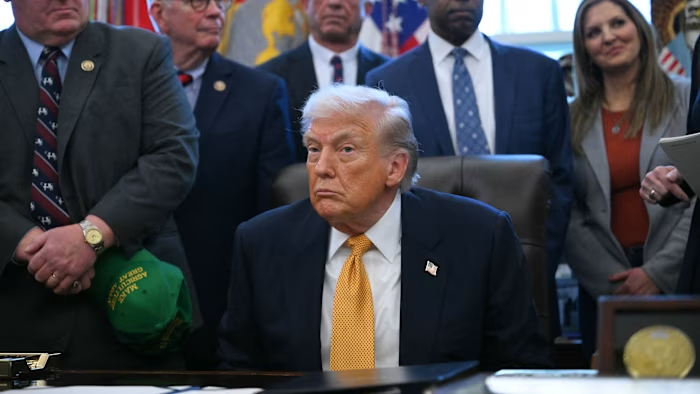
Donald Trump says he has received assurances ‘killing in Iran is stopping’
Unlock the White House Watch newsletter for free
Your guide to what Trump’s second term means for Washington, business and the world
Donald Trump said he had received assurances that Iran had “stopped” killing protesters, delivering a more…
Continue Reading
-

If Iran’s government now has an ‘expiration date,’ what next? : NPR
NPR’s Juana Summers speaks with Jason Rezaian, who was imprisoned in Iran when he was the Tehran correspondent for The Washington Post, about the country’s current wave of protest.
JUANA…
Continue Reading
-

The full list of 75 countries where Trump is suspending visa processing | US politics
The Trump administration has indefinitely suspended immigrant visa processing for people from 75 countries, marking one of its most expansive efforts yet to restrict legal pathways to the United States.
The freeze, which takes effect on 21…
Continue Reading
-
How Iran jammed Starlink (and how Iranians are trying to get around it) – France 24
- How Iran jammed Starlink (and how Iranians are trying to get around it) France 24
- Is Starlink helping Iranians break internet blackout, and how does it work? Al Jazeera
- Starlink reportedly made free in Iran – but protesters are taking huge risks…
Continue Reading